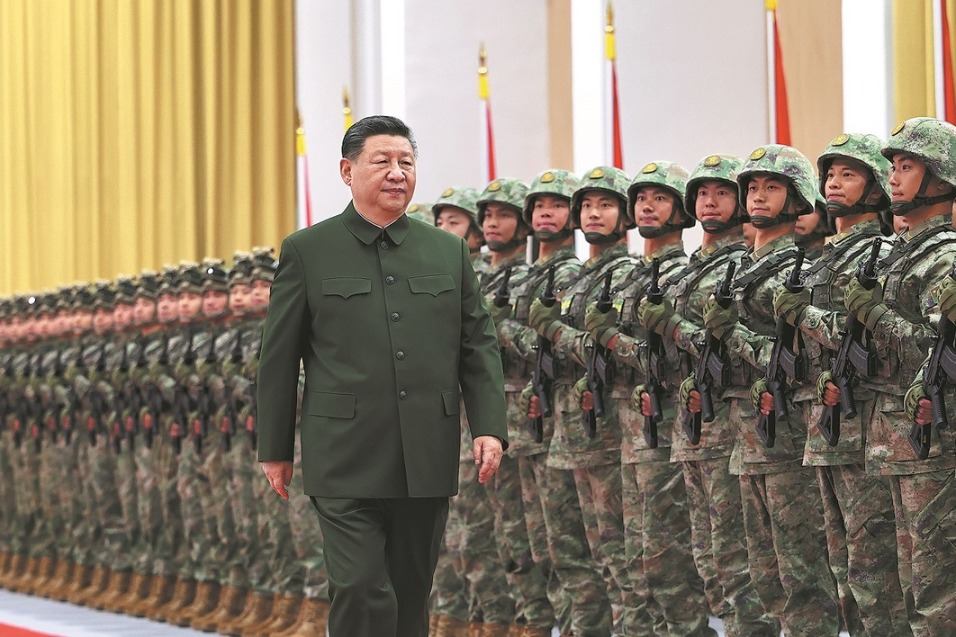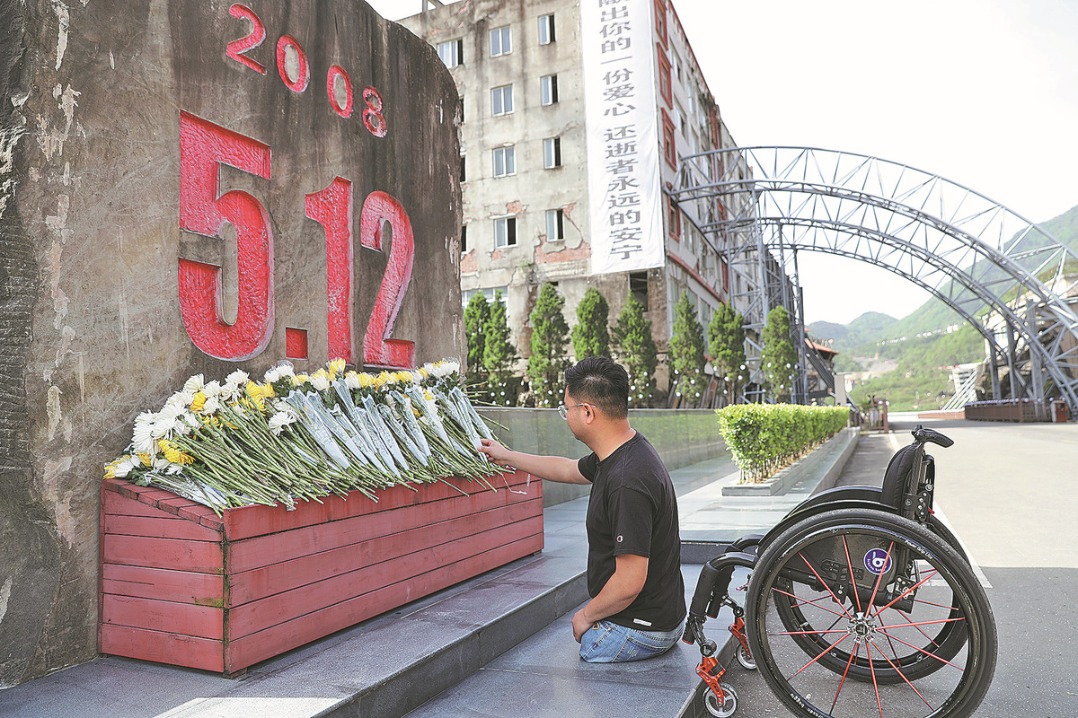We must continue to improve efficiency
China Daily | Updated: 2017-08-07 08:41
Zhang Yan, 40, works at Beijing No 4 Intermediate People's Court. She has handled administrative cases for more than 11 years.
In the past two years, I have witnessed a large rise in the number of administrative cases being submitted. That's because the reform stipulates that cases must be accepted or rejected within a day of being filed, rather than after a preliminary review of the merits of the case. This removes unnecessary barriers and protects the right of litigants to submit cases.
In 2014, I handled more than 240 cases, but that number was overtaken in just three months in 2015.
A statement issued by the Supreme People's Court in June shows that, as a result of the reform, courts have seen a significant rise in the number of residents submitting and winning cases against government departments. Last year, for example, courts nationwide dealt with 225,020 cases - a year-on-year rise of 13.2 percent - which were mainly related to plaintiffs' standards of living, such as disputes over land or house demolitions.
The efficiency with which administrative disputes are resolved often reflects how effective government departments have been in implementing the reform.
The heads or leaders of government authorities are required to attend court hearings, which was rarely the case in the past. I feel government officers are paying more attention to the procedures in administrative cases because the high level of publicity means their departments are expected to provide better, fairer services.
I don't think case hearings are just about who is right and who is wrong. They also serve to popularize the reform by allowing people to see the improvements in our judicial process. The better government departments understand the laws and reform, the better able they will be to provide services for litigants and solve their problems.
I work at Beijing No 4 Intermediate People's Court, established as part of the reform, and I hear cases from across the city. The move is intended to prevent local government departments from interfering in court cases, and to ensure that all judgments are made independently.
At present, a major problem is that the judges in our administrative tribunal are overwhelmed by the soaring number of disputes. I often have to work overtime.
As a result, I think the next step will be to study ways of improving legal efficiency in administrative case hearings.
























